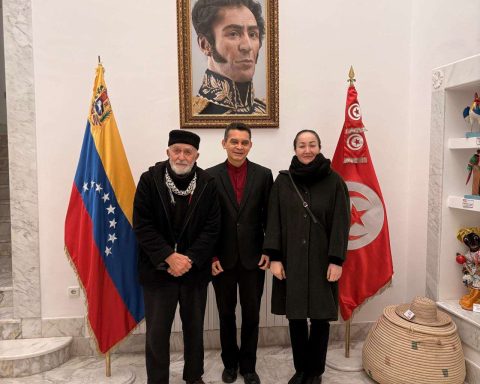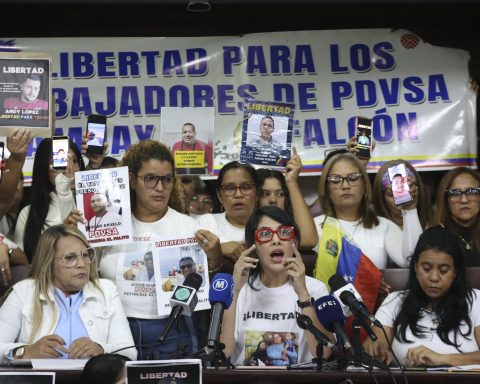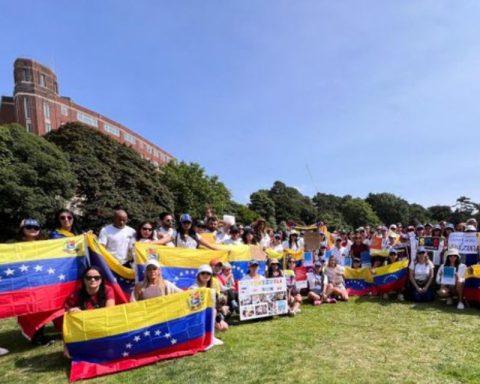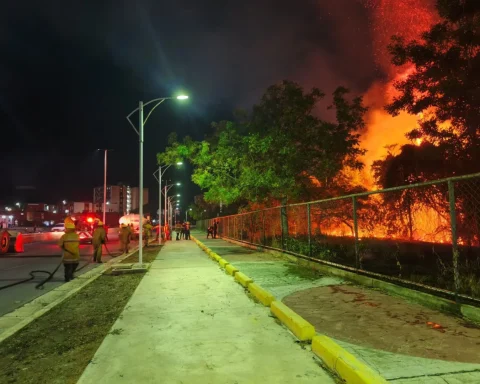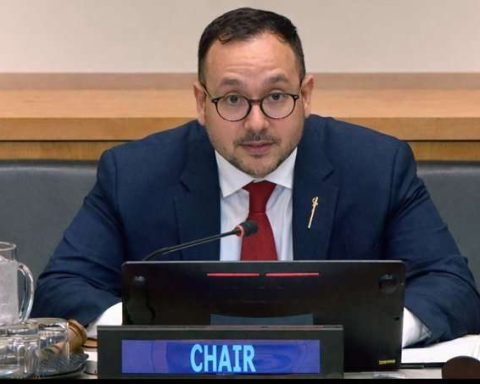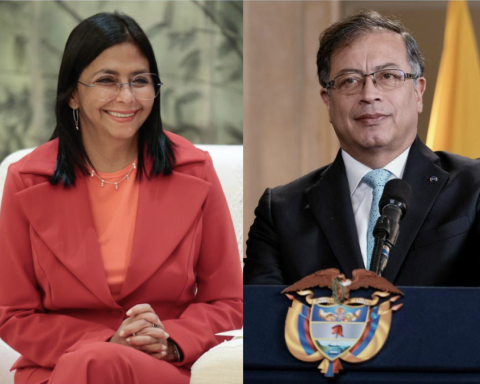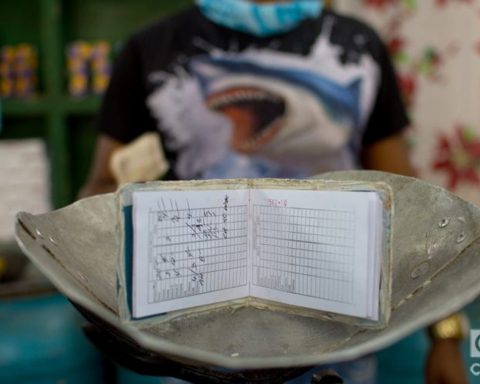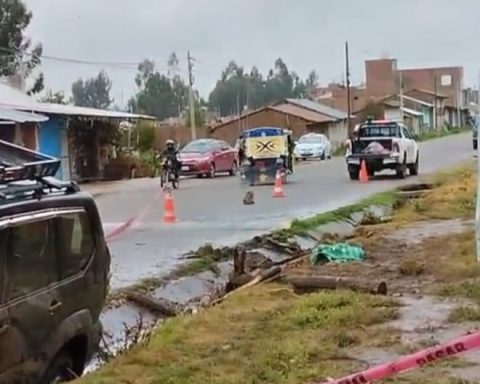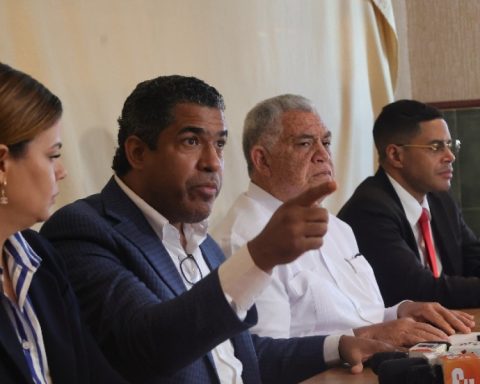Eight NGOs linked to the Society of Jesus make recommendations to the States involved in the migratory route to the United States and reject the “restrictive and securitized” government policies that do not stop the flow of people and put the ever more vulnerable groups in greater danger. The document has the support of another 95 NGOs, including a dozen Venezuelans
Eight non-governmental organizations linked to the Society of Jesus issued a joint statement on Thursday, May 11, in which they expressed their disagreement with the implementation of policies of various Latin American governments, in agreement with the United States, which allow the government of Joe Biden to “outsource” his borders to third countries, which “dehumanizes” the right to migrate and forces those trying to reach the US to undertake increasingly dangerous journeys.
They say that “it is essential to have the active participation of civil society that attends to migratory flows» yrclaim that “heThe experience of dignifying accompaniment» offered by the signatory NGOs gives them the basis to formulate their observations. The text has the support of another 95 NGOs, including a dozen Venezuelans.
They already anticipate that “the probable increase in people expelled and deported” will force NGOs to have greater coordination and more resources.
The document specifies that they hope that these “alerts regional” serve to “prevent and reverse” the impacts of “restrictive and securitized” government policies that have been replicated at other borders in an attempt to contain migration” without any success because “none of these control and containment measures achieve their committed” as people migrate seeking protection.
They think that heThe agreements between the United States, Spain, and Canada «prioritize labor migration, omitting the risk circumstances that people experience and hindering access to their right to request International Protection”.
Increases vulnerability
“Refugees, migrants, and forcibly displaced persons in the Americas are experiencing the impacts of national policies and regional agreements, based on migration management strategies that, by trying to control migration, dehumanize it. These decisions are far from the focus of protection and guarantee of Human Rights that also affect the receiving and transit communities.
To States and governments, the document warns that “thehe agreements between countries increase the vulnerability experienced by people belonging to groups that have historically been discriminated against; inside them, women, girls and boys require a differential and intersectional approach to protection».
“The increase in migratory controls by the military can cause greater violations of Human Rights, since they are not the ideal personnel to manage migration.” «Carrying out deportations and forced returns without guarantees using the figure of humanitarian corridors, blur it and can generate new migratory flows.
“The United States practice of externalizing its border—and its acceptance by other countries— it generates situations of violation of rights and forces people to use increasingly dangerous migratory routes. For example, recent agreements with Guatemala and Colombia to establish US Regional Processing Centers in their territories constitute in practice safe third country agreements and border outsourcing.
*Also read: Migrants turn themselves in at the US border in the hope of being legally admitted
«The expectation that is created with these Centers can imply a call effect that, together with a low institutional capacity, generates scenarios of damming and confinement in these countries, turning them into forced fates. The conditions of insecurity and widespread violence that persist in these countries and in the region prevent them from being a safe third country.
The document entitled “Alerts on migration management and protection in the Americas” calls on States to:
i) adhere to and strengthen regional multilateral mechanisms to address these realities.
ii) recover the high standards of the region and iii) propose solutions from a Human Rights approach that guarantees International Protection and International Humanitarian Law.
In this sense, the safeguarding of the principles of neutrality, impartiality and independence they are essential for the fulfillment of the mandate of the United Nations agencies (UNHCR and IOM).
You can see more details of the document, proponents and adherents by clicking here.
Post Views: 767

